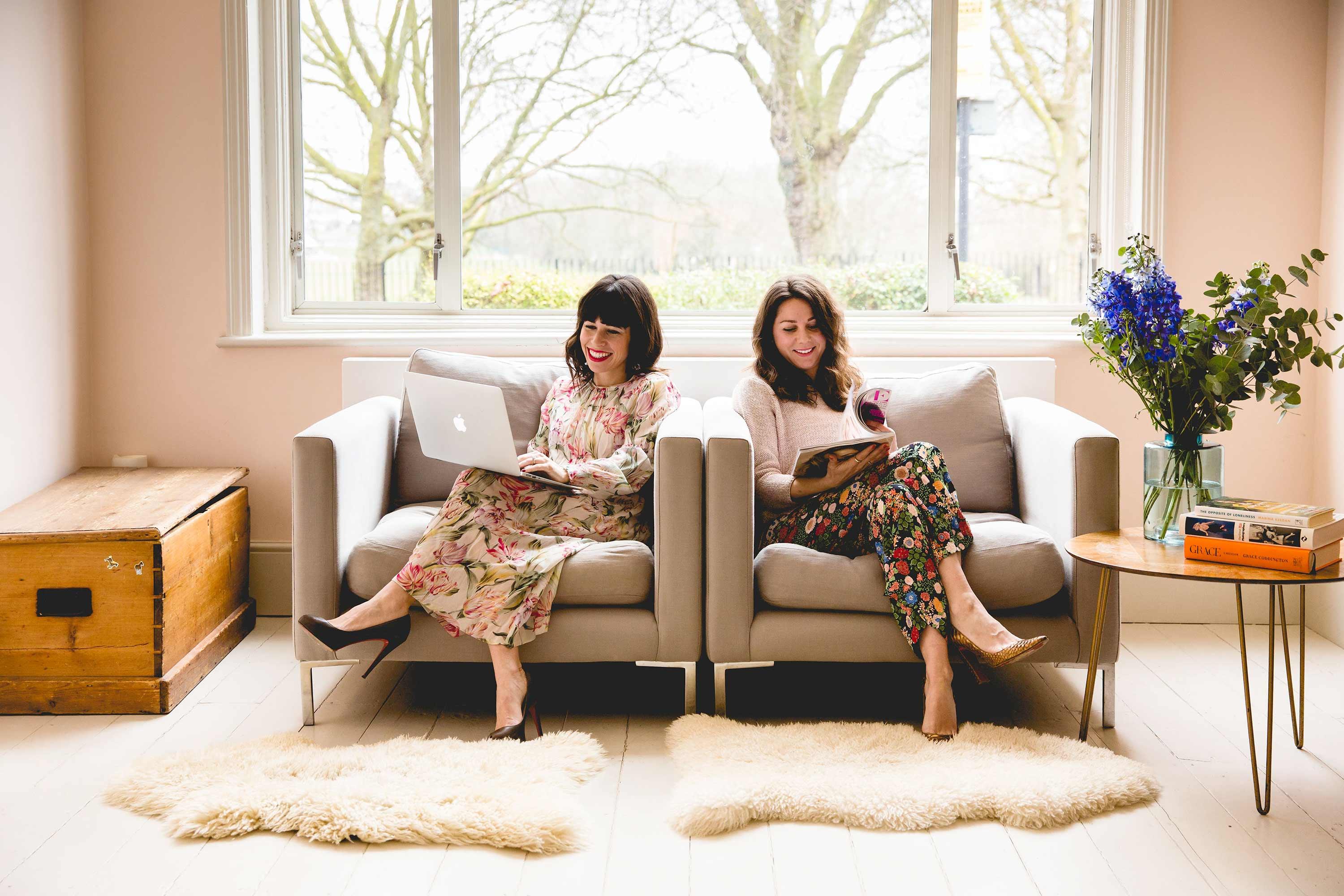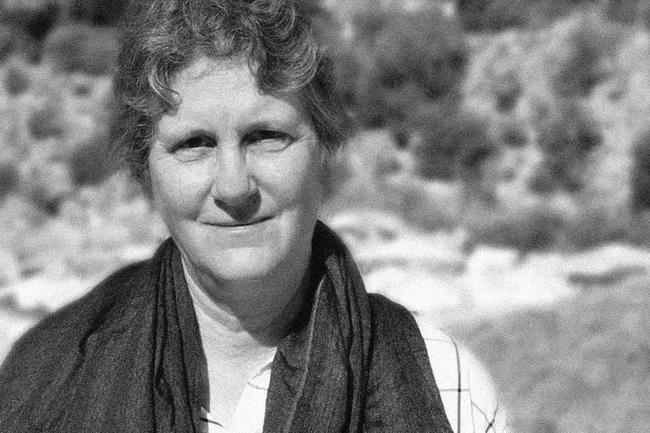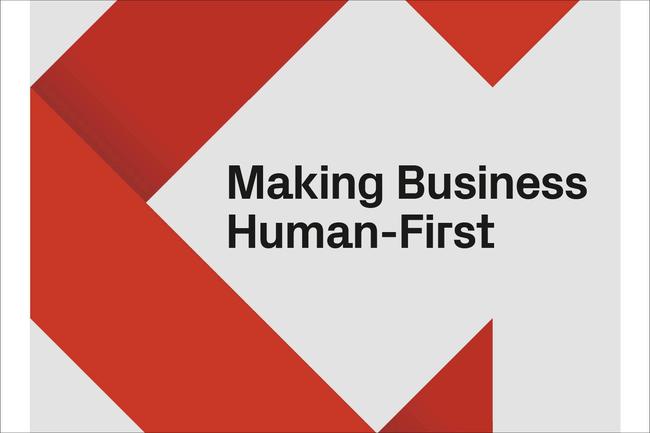
Conversation with Phanella Mayall Fine about Step Up Club and gender equality in today’s corporate culture
Phanella Mayall Fine is like a force of nature. This is a woman who knows how to present herself, which should be no surprise for someone who co-founded the Step Up Club, a network for women to supercharge their careers and create new visions of success.
Along with co-founder Alice Olins, Phanella’s first book, ‘Step Up: Confidence, Success and Your Stella Career in Ten Minutes a Day’, is a refreshing, rallying cry for all working women, advocating a new way to look at professional progression and a fresh take on what equality looks like in the modern workplace.
We spoke to Phanella about the success of Step Up Club and what gender equality, one of the most foundational human rights, means in today’s corporate culture.
Tell us about Step Up Club and what makes it special?
I think what we’re doing is really quite new. We think of ourselves as a new voice in the women’s career conversation, so we aren’t just about entering the FTSE 100 boardroom, we aren’t just about corporates or creatives, and we aren’t just about entrepreneurs. We’re about celebrating all women in their careers, whatever their job, whatever their industry.
Alice’s [Phanella’s partner in all things Step Up] background is as a fashion and lifestyle journalist for The Times and RED magazine. I’ve been a corporate lawyer and an executive fund manager before I re-qualified in occupational psychology, and I now coach across big law firms and investment banks. So we come from really different ends of the career spectrum but we are united by feminism, by a belief in work-life balance and a belief that people are not currently happy in the workplace.

Many people might look at today’s workplace and say we’ve come a long way, there isn’t a sexism problem anymore. So why do you think women still need something like Step Up Club in 2017?
That’s a great question and I’m really quite shocked we still need it. But I think there is a difference between men and women and unfortunately in the corporate world there is still a traditionally masculine definition of success going on, which is about long hours, being the corporate CEO, or on the board. And that doesn’t tally with how women, particularly, but increasingly men, too, feel about their careers. People want balance, they want flexibility, especially young people, and we see that really strongly in all our work.
There is a career model called the kaleidoscope model. When it was first published, it showed women on this kaleidoscope career path and men on a linear career path. But when the research was updated in 2013, it found Generation Y [millenial] men are increasingly on a kaleidoscope career path as well. So I think men of my generation and below now want all the things that traditionally have been more feminine. But alongside this, we also want to be very successful and I don’t think the corporate world is keeping up – and that’s why you see people creating alternative career paths.
Gender equality is a fundamental pillar of human rights and many would assume for women to be equal to men, they need to become the same as men. What do you think equality looks like in the modern workplace?
To achieve equality we don’t need to pretend there is no difference. For example, we have shared parental leave, which is an incredible advance. Nevertheless, there is a difference because only women can give birth, and only women are visibly pregnant and therefore visibly about to go on leave before they do. Women generally, for a really good reason, are taking the early part of the leave and men are taking the later part of the leave, so there are always going to be differences, even if we achieve full equality. I think that’s the first really important point: to say we’re not the same.
The second point would be around everybody being free to live and work in the way they want. That doesn’t mean if you want to work two hours a day, companies should have to accommodate it. But it means having a basic respect for things I believe are human rights, such as the right to a family life, to mental health, and to some kind of work-life balance: to feel well. I don’t see that always being honoured in the corporate world. I think when it begins to be honoured, equality will happen more generally because everybody will feel enabled to take advantage of it.

What’s going to drive that bigger shift within corporates?
I think it’s about two things. It’s about a culture shift, which happens when there is pressure – and pressure in an organisation often only comes financially. So that’s when shareholders, clients or customers start to say: ‘You know what, having that kind of organisation where people are negatively affected by their work in that kind of way is not okay’ or ‘Actually, that’s not an efficient way to engage your employees’. When investors say, for example, they are only going to invest in companies that achieve X on a scale of employee happiness or offer Y, I think that’s powerful and creates culture change. And when that culture change happens at the top, it feeds down straight away. The other important thing is training and coaching, particularly for senior leaders, to understand what their employees want and how to achieve it: I see that making a massive difference.
When you look at where companies are heading today, is there anything that gives you hope for the future of workplace equality?
There have been big changes, even in the last 10 years. I do see organisations implementing things like agile working and flexible working policies, and we know from research and practice that those are really, really important. In some companies they are being implemented and are really taken advantage of, but in others they are not really being used. When you create those initiatives and then drive a culture that actually encourages people to make use of those policies, it’s highly beneficial to your workforce. It’s also important to your business success across a whole host of metrics. Many companies are really stepping up and trying to create a shift: the next step is for most of them to get better at creating a culture that supports this mindset change.
This interview is part of a series in a larger publication, Tea & Water Perspectives: Making Business Human-First







